A Firefighter’s Pain: A Grandfather’s Mission for Justice
Published on March 13, 2025

Brian Davenport holds a cherished image of his granddaughter, Kilah. Through advocacy, legislation, and the Kilah Davenport Foundation, Brian ensures that her story continues to make a difference in protecting children from abuse.
Brian Davenport had spent his career running into burning buildings, saving lives, and putting himself in harm’s way for the people of Charlotte. But nothing—not a single call he had ever responded to—could prepare him for the one he got on May 16, 2012. His wife called him while he was at Charlotte Firehouse 12.
“She let me know that Kilah was injured severely, and she didn’t know what happened,” Brian recalled. “She just knew that she was being transported to the hospital.”
Brian rushed to Northeast Medical Center, where Kilah had been taken. When he arrived, the truth of her injuries became clear. His three-year-old granddaughter had suffered a traumatic brain injury. Her skull had been fractured, and doctors had to remove part of it to relieve the swelling.
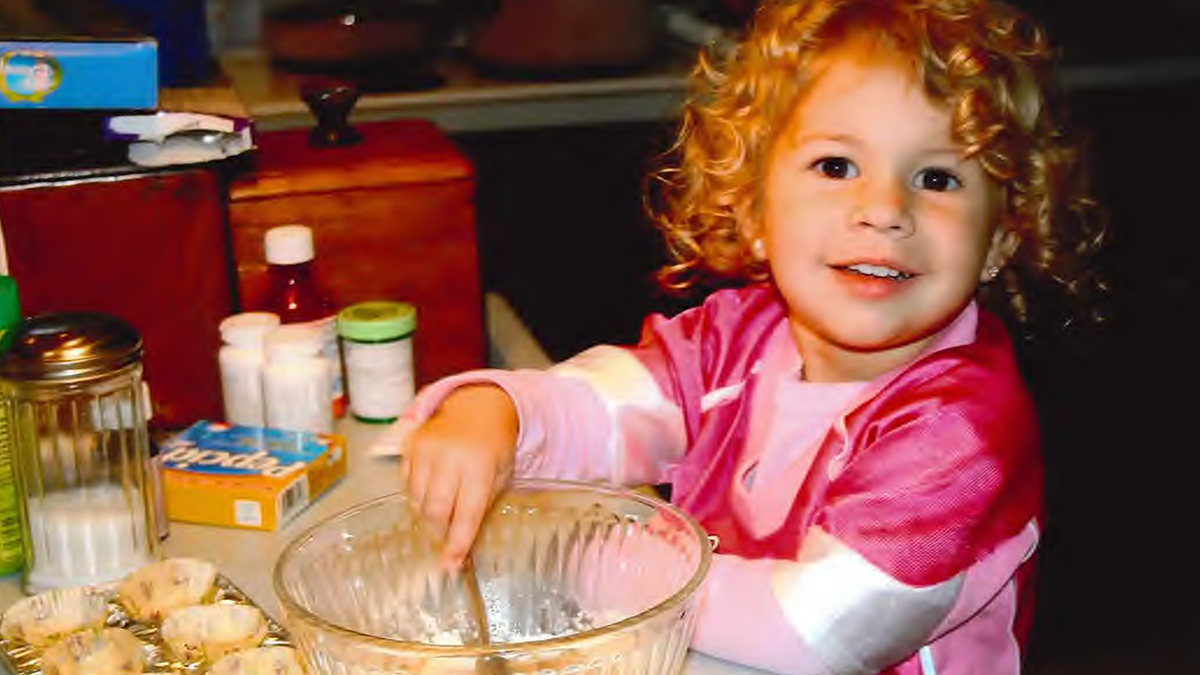
Before tragedy struck, Kilah was a joyful, energetic child who loved to help in the kitchen, always curious and full of life.
Brian recalled, "She was being transported to the hospital, and we soon found out that she had suffered a traumatic brain injury."
As Brian grappled with the devastating news, he also had to witness his daughter, Kirbi, endure unimaginable pain. "As a father, it's always painful to see your child go through any kind of traumatic situation," Brian said. "But when it affects their own child, it intensifies that pain because you know you want to take that away from them in any way possible. But just knowing the fact that we were there for her during the darkest moments of her life gives us some comfort, knowing that we were there as a family together to help one another get through that situation."

Kilah and her mother, Kirbi, share a beautiful moment of love and warmth. Through the darkest of times, Kirbi’s strength never wavered as she remained by her daughter’s side, fighting for her every step of the way.
Brian saw firsthand the immense weight Kirbi carried. "It was very difficult for her to exhibit any kind of feelings or emotions because we could see her trying to be strong for her daughter," he said. "She spent the entire time that Kilah was in the hospital with her. Never left her side. She spent the nights in the hospital, and I can't be more proud of her for taking on something so tragic and just doing what's necessary to take care of her daughter."
He and his wife clung to each other as doctors explained the severity of her condition. They prayed, they begged for a miracle, but deep down, Brian knew that their lives had just changed forever.

Kilah in the hospital following the severe injuries she suffered. This heartbreaking image became a powerful symbol of the fight for justice and the urgent need for stronger child protection laws.
Every day in that hospital room felt like a battle between hope and despair. They watched anxiously for any sign of improvement—a small movement, a change in her breathing. The medical staff worked tirelessly to stabilize her, but the damage was severe.
Brian and his family remained by her side, taking turns resting in the uncomfortable hospital chairs, unwilling to leave her alone. The days blurred together with endless consultations, waiting for news that never seemed to change.

Brian and his wife, Leslie, stand together with Kilah in front of a Charlotte Fire truck, bonded by love, strength, and their shared mission to honor Kilah’s legacy.
They spoke to her softly, hoping she could hear their voices, telling her they loved her. Each hour felt heavier than the last, their hope clashing with the painful reality of her condition.
“She was everything to us,” Brian said. “She lived with us, and we just developed a tremendous relationship with her. Her personality was just so infectious—you couldn’t help but fall in love with her.”
Kilah had been left alone with her stepfather while her mother was at work. He had inflicted severe injuries on her, ones that would change her life forever. She survived, but the little girl Brian knew was gone.

Kilah, full of laughter and sunshine, enjoying a carefree moment outdoors, a reminder of the happiness she brought to everyone around her.
“She was a fully healthy, functioning three-year-old,” Brian said. “She could carry on a conversation, walk, talk, run, play. But after her injuries, she regressed back to almost like an infant. We had to fully care for her.”
His wife left her job at Presbyterian Hospital to care for Kilah full-time. The family spent 22 months caring for her, giving her love and comfort. Every small movement, every sound she made, felt like a victory—but they also knew the reality of her condition.
“There were nights I would just sit by her bed, listening to her breathe,” Brian said.

Brian Davenport stands in front of Charlotte Fire Headquarters, where his decades of service as a firefighter now merge with his mission to advocate for child protection laws in Kilah’s name.
The long nights, the endless doctor visits, the uncertainty—it took its toll. Brian and his wife leaned on each other, but the weight of Kilah’s condition was always there.
“We tried to stay hopeful, but deep down, we knew she wasn’t the same,” Brian admitted. “We could only love her and make sure she knew she wasn’t alone.”
Their house changed entirely during those 22 months. What had once been filled with Kilah’s laughter was now silent, except for the medical equipment that helped sustain her. Their routines revolved around her care—medications, therapies, sleepless nights monitoring her breathing. They knew that the life they had dreamed of for her was no longer possible.

A mother’s love: Kirbi Davenport shares a tender moment with Kilah, a reminder of the deep, unbreakable bond they shared.
There were times when the emotional toll weighed heavily on Brian and his family. They focused on maintaining a routine centered around Kilah’s care. They leaned on their family and close friends for support. Every day was about making sure Kilah was comfortable and cared for. While the grief of what had happened never disappeared, they did their best to make the most of the time they had with her.
Then, on March 13, 2014, Kilah’s little body gave out. The 22 months of fighting, of holding onto hope, came to a devastating end.
As the family grieved, Brian became consumed with the reality of what had happened—and the lack of justice. "We welcomed him into our home, into our lives, made him feel like part of our family, not really realizing the hidden monster," Brian said. The man responsible for Kilah’s injuries faced only 44 to 92 months in prison.

Kilah Davenport in the months following her traumatic brain injury, bravely enduring her new reality with the love and care of her family.
Determined to change that, Brian and his family worked with state legislators to create a bipartisan bill increasing sentencing guidelines for severe child abuse. The community rallied behind them, signing petitions and spreading awareness. In April 2013, North Carolina Governor Pat McCrory signed Kilah’s Law.
“It increased the sentencing guidelines from 44 to 92 months to now 25 years to life in the state of North Carolina,” Brian explained. “That was a huge step, but we weren’t done.”
Brian and his family traveled across the state, sharing Kilah’s story. Every time he told it, it felt like ripping open a wound.
“We had to relive it, over and over,” he said.
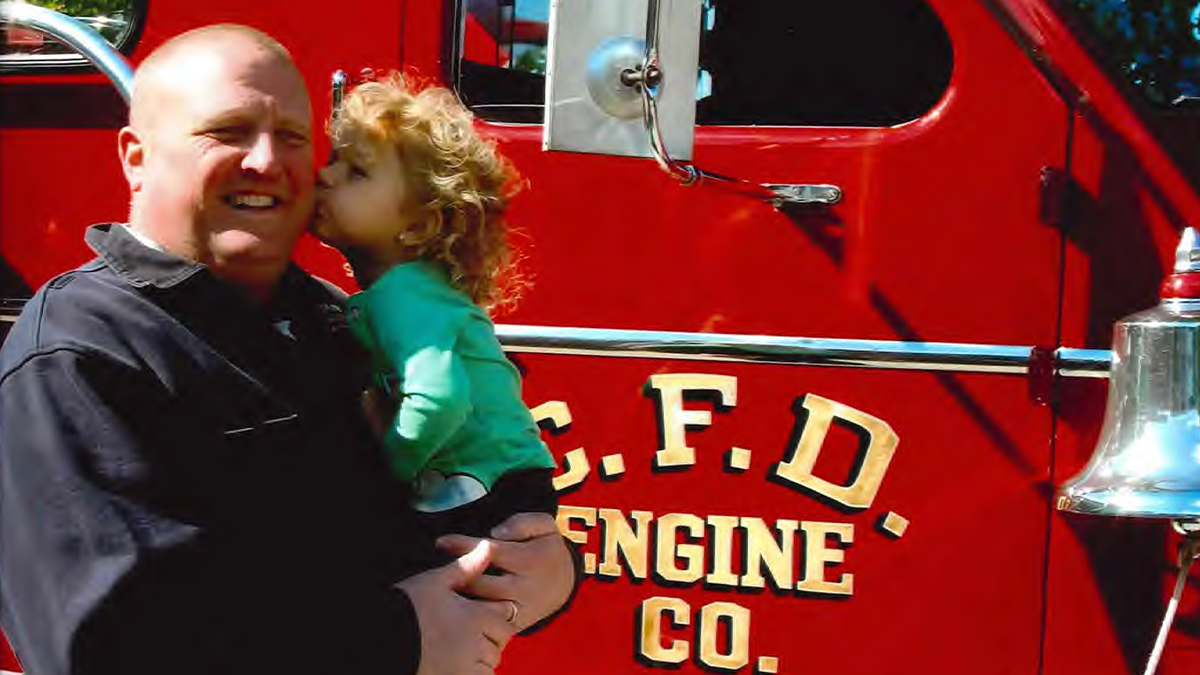
A special moment between Kilah and her grandfather, Brian Davenport, in front of a Charlotte Fire engine—a symbol of his lifelong commitment to service and family.
At times, it felt unbearable to keep going, to keep sharing the most painful moment of their lives, but they knew they had a responsibility.
“We didn’t want another family to go through this,” Brian said. “We wanted to make sure Kilah’s suffering wasn’t in vain.”
The road to passing the law was filled with hurdles—meetings with lawmakers who didn’t fully grasp the gravity of child abuse sentencing, long nights drafting proposals, and rallying community members to make their voices heard. But they pushed forward, knowing they were fighting for every child who couldn’t fight for themselves.

With determination and strength, Brian Davenport continues his work, carrying both his firefighter legacy and his fight for justice in honor of Kilah.
Senator Robert Pittenger took notice of what the Davenports had done in North Carolina and wanted to push for national change.
“He realized that there was a need for change on the federal level,” Brian said. “He worked to create something that would encourage all 50 states to review their sentencing guidelines.”
On May 20, 2014, President Barack Obama signed the Kilah Davenport Child Protection Act, requiring all states to review their penalties for child abuse cases.
“It was unfortunate that Kilah did not survive to see the change that her life was able to make on the national level,” Brian said. “But we take comfort in knowing that Kilah’s life meant something, and she did not die in vain.”
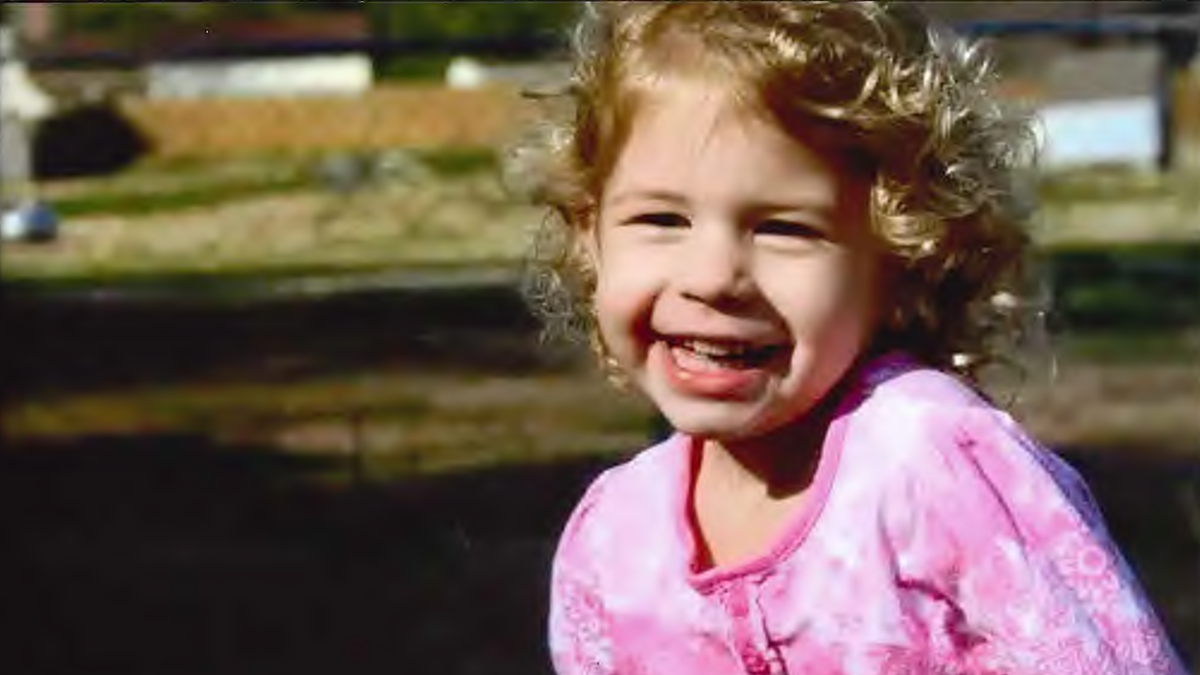
Kilah’s bright smile was a reflection of her vibrant personality—one that continues to inspire change and advocacy in her name.
Even though the federal law didn’t mandate sentencing changes, it forced every state to take a hard look at how they handled child abuse cases. Many states strengthened their laws, and Kilah’s legacy continued to grow.
Brian felt a sense of relief but also lingering pain.
The family continued their advocacy, speaking at events, helping other grieving families, and keeping Kilah’s story alive. As the anniversary of her passing approaches, Brian reflects on how much she continues to impact his life.
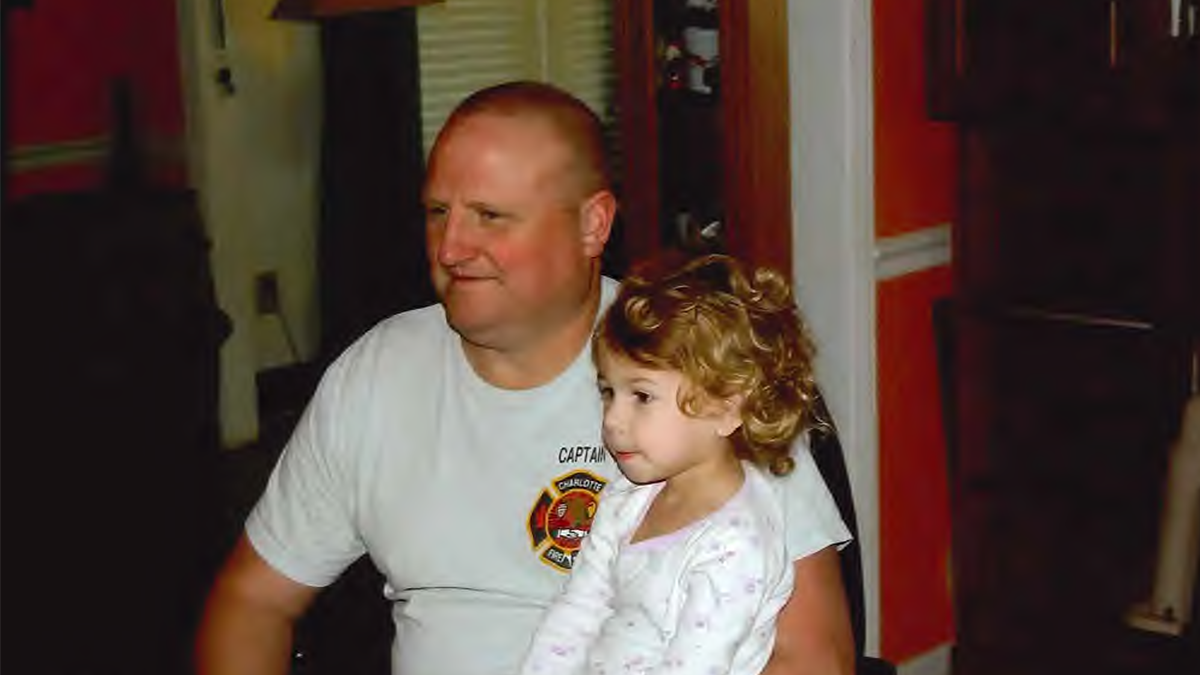
Brian Davenport, wearing his Charlotte Fire Captain shirt, shares a quiet moment with Kilah. Their bond was unbreakable, built on love, laughter, and cherished time together.
In his office, alongside firefighter memorabilia, images of Kilah serve as a daily reminder of the love they shared and the fight for justice that continues in her name. Brian, who had dedicated decades to serving Charlotte as a firefighter and now works as a senior fire inspector, carried his experience in public service into this fight for justice. Every time they saw a new law passed in another state, they knew they had made a difference.
Her name is now part of the law. Her story has changed lives. And as long as Brian has breath in his body, he will continue to make sure she is never forgotten.
“Kilah’s life mattered,” he said.
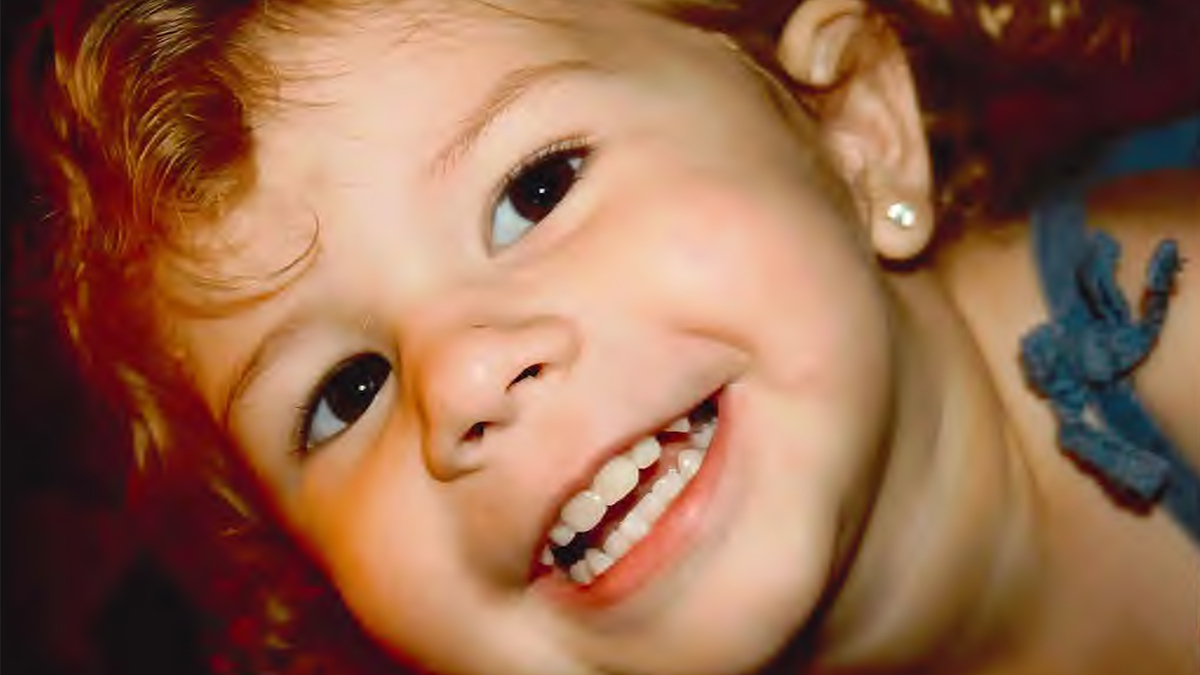
A close-up of Kilah’s bright, infectious smile—a moment frozen in time, capturing the joy and light she brought into the world.